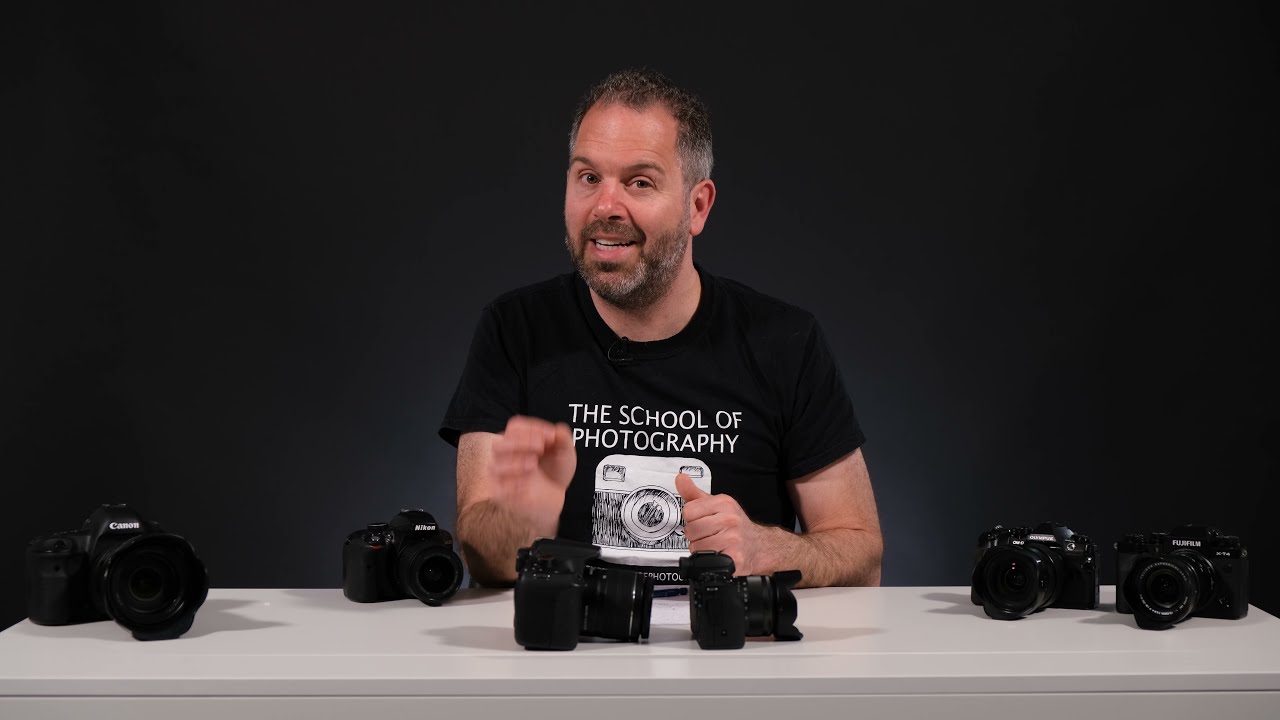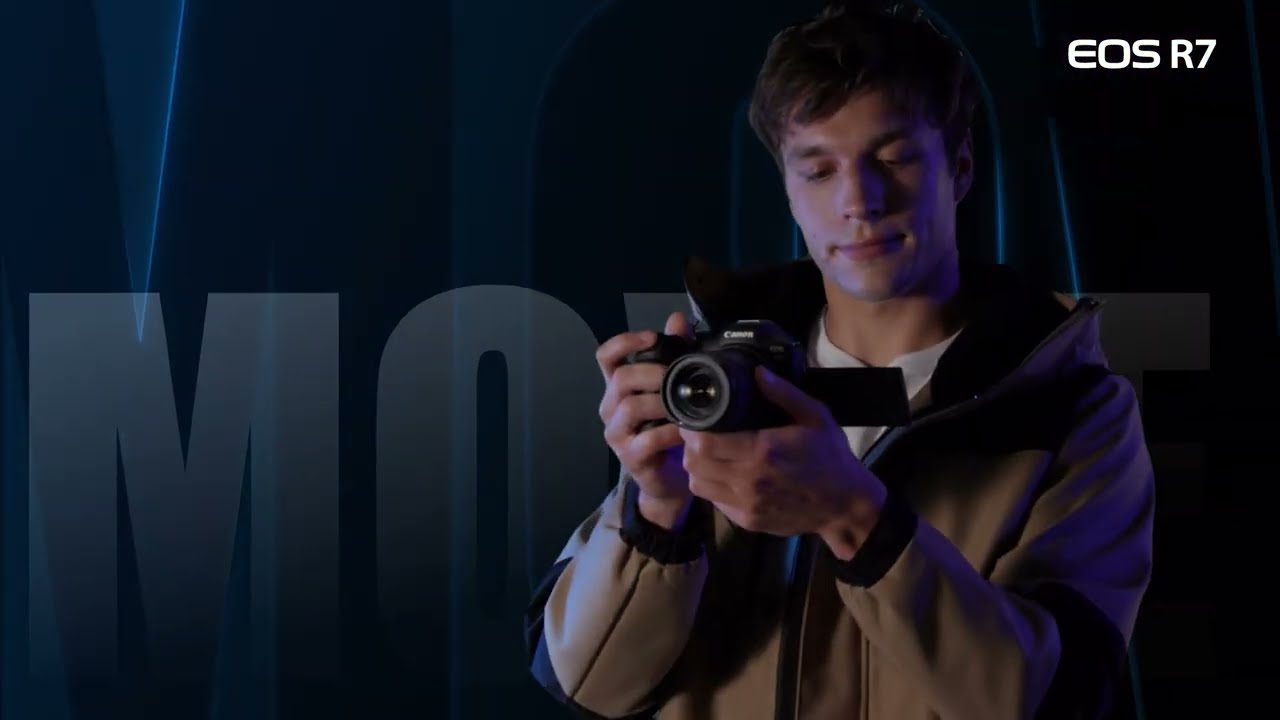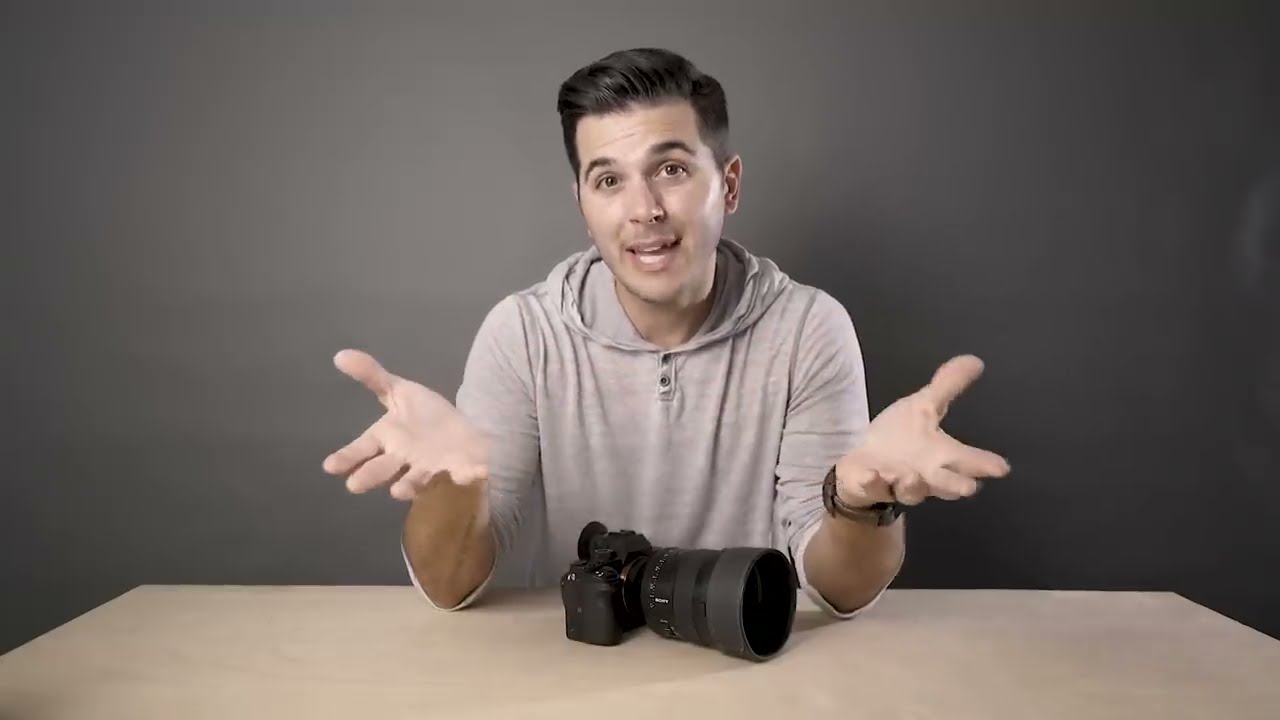

As a photography enthusiast, finding the perfect camera to capture those special moments is crucial. Canon, a renowned brand in the camera industry, offers a wide range of options to suit various needs and preferences. In this guide, we will explore the who, what, when, how to, pros and cons, alternatives, step-by-step process, comparisons, tips, and ultimately help you determine the best Canon camera for your photography endeavors.
Who Can Benefit From a Canon Camera?

Canon cameras cater to both amateur and professional photographers alike. Whether you are a beginner looking to hone your skills or a seasoned pro seeking advanced features and exceptional image quality, Canon has something for everyone. Their diverse lineup includes entry-level DSLRs, mirrorless cameras, and high-end professional models, ensuring there’s a suitable option for every skill level.
What Makes Canon Cameras Stand Out?

Canon cameras are renowned for their superior image quality, cutting-edge technology, and user-friendly interfaces. With each new camera model, Canon continues to innovate and introduce features that push the boundaries of photography. From high-resolution sensors and fast autofocus systems to impressive video capabilities and extensive lens options, Canon cameras offer versatility and reliability.
When to Choose a Canon Camera?

Canon cameras are ideal for various photography genres, including portrait, landscape, sports, wildlife, and more. They excel in capturing stunning images with excellent color reproduction and dynamic range. Whether you’re pursuing photography as a hobby, profession, or simply want to document life’s precious moments, a Canon camera can be your reliable companion.
How to Choose the Right Canon Camera?
Determining the right Canon camera for your needs involves considering several factors:
- Budget: Define your budget range to narrow down camera choices.
- Photography Goals: Identify the type of photography you wish to pursue.
- Experience Level: Assess your skill level to match it with a suitable camera.
- Features and Specifications: Consider key factors such as resolution, autofocus, ISO range, video capabilities, and connectivity options.
- Ergonomics and Size: Evaluate the camera’s body design, weight, and comfort for extended shooting sessions.
- Lens Ecosystem: Take into account the availability and compatibility of lenses that suit your photography style.
By evaluating these aspects, you can choose a Canon camera that meets your precise requirements.
Pros and Cons of Canon Cameras

Like any camera brand, Canon cameras have their strengths and weaknesses. Let’s explore the pros and cons.
Pros:
- Exceptional image quality and color reproduction.
- Wide range of models catering to different budgets and skill levels.
- Extensive selection of lenses and accessories.
- User-friendly interface and intuitive controls.
- Reliable performance and durability.
Cons:
- Higher-priced models may be expensive for some beginners.
- Limited in-body image stabilization (IBIS) in certain models.
- Comparatively slower burst rates in entry-level cameras.
It’s essential to weigh these factors against your specific needs before making a decision.
Alternatives to Canon Cameras
While Canon offers an impressive lineup, exploring alternatives is always worthwhile. Some noteworthy competitors in the camera market include Nikon, Sony, Fujifilm, and Panasonic. Each brand has its unique strengths and appeals to different photographers based on their preferences and requirements. Researching and comparing various brands can help you make an informed choice.
Step-by-Step Guide: How to Choose a Canon Camera
- Determine Your Budget: Define the amount you are comfortable spending on a camera.
- Identify Your Photography Goals: Decide the type of photography you intend to pursue.
- Consider Your Experience Level: Assess your skill level to find an appropriate camera.
- Research Canon Camera Models: Explore the Canon lineup, paying attention to specifications and features.
- Compare Specifications: Compare key features such as sensor resolution, autofocus system, ISO performance, and video capabilities of shortlisted models.
- Try Before You Buy: If possible, visit a store and hold the camera to assess its ergonomics and ease of use.
- Read Reviews and Seek Recommendations: Read online reviews and seek advice from experienced photographers or online communities to gather insights.
- Make an Informed Decision: Based on your research, narrow down your options and choose the Canon camera that best aligns with your needs and preferences.
Tips for Maximizing Your Canon Camera Experience

Once you’ve chosen your Canon camera, here are some tips to enhance your photography journey:
- Explore Different Shooting Modes: Experiment with various shooting modes like aperture priority, shutter priority, and manual mode to expand your creative possibilities.
- Invest in Quality Lenses: Enhance your image quality by investing in high-quality lenses that suit your preferred photography genre.
- Learn and Master the Autofocus System: Understand the autofocus systemof your Canon camera and learn how to use its different focus modes effectively. This will help you capture sharp and well-focused images.
- Experiment with Different Lighting Conditions: Practice shooting in various lighting situations, such as low light or harsh sunlight, to understand how your camera handles different environments.
- Utilize Canon’s Software and Firmware Updates: Stay updated with the latest software and firmware updates provided by Canon. These updates often include improvements and new features that can enhance your camera’s performance.
- Join Photography Communities and Workshops: Engage with fellow photographers by joining online communities or attending workshops. This allows you to learn from others, gain inspiration, and receive valuable feedback on your work.
Canon Cameras vs. Competitors: A Comparison
When comparing Canon cameras to its competitors, it’s important to look at specific models and their respective features. Nikon, Sony, Fujifilm, and Panasonic are popular alternatives to Canon. Here’s a brief comparison:
- Nikon: Known for its robust build quality, exceptional low-light performance, and extensive lens selection. Nikon cameras are favored by professionals and enthusiasts alike.
- Sony: Renowned for their innovative mirrorless technology, compact designs, and outstanding autofocus capabilities. Sony cameras excel in video recording and low-light photography.
- Fujifilm: Emphasizes retro design, film simulations, and exceptional image quality. Fuji cameras are popular among street and documentary photographers.
- Panasonic: Specializes in video-oriented cameras with advanced video features, high-resolution sensors, and in-body image stabilization. Panasonic cameras are favored by videographers and hybrid shooters.
Remember, the best camera for you ultimately depends on your specific needs, preferences, and budget. Consider researching and testing different models from various brands to find the perfect fit.
Frequently Asked Questions (FAQs)
- Q: Which Canon camera model is best for beginners?
A: The Canon EOS Rebel series, such as the Canon EOS Rebel T8i or EOS Rebel SL3, are excellent options for beginners due to their user-friendly interfaces and affordable prices.
- Q: Are Canon DSLRs still worth considering in the era of mirrorless cameras?
A: Absolutely! Canon DSLRs continue to offer exceptional image quality, extensive lens options, and reliable performance. They are a popular choice among photographers who prefer the optical viewfinder experience.
- Q: Can I use third-party lenses with Canon cameras?
A: Yes, Canon cameras are compatible with various third-party lenses from brands like Sigma, Tamron, and Tokina. However, it’s important to ensure compatibility and check reviews before making a purchase.
- Q: Which Canon camera is best for professional photography?
A: For professional photography, the Canon EOS 5D Mark IV and Canon EOS R5 are highly regarded options. These models offer high-resolution sensors, advanced autofocus systems, and robust build quality.
- Q: How often should I upgrade my Canon camera?
A: There is no set timeframe for upgrading your Canon camera. It depends on your evolving needs, technological advancements, and budget. Generally, many photographers upgrade every 3-5 years to take advantage of new features and improvements.
Conclusion
Choosing the right Canon camera for your photography needs can be an exciting endeavor. By considering factors such as your budget, photography goals, experience level, and desired features, you can make an informed decision. Remember to explore alternatives, compare specifications, read reviews, and seek advice from experienced photographers. With the perfect Canon camera in hand and some practice, you’ll be ready to capture stunning images and embark on a fulfilling photography journey.
